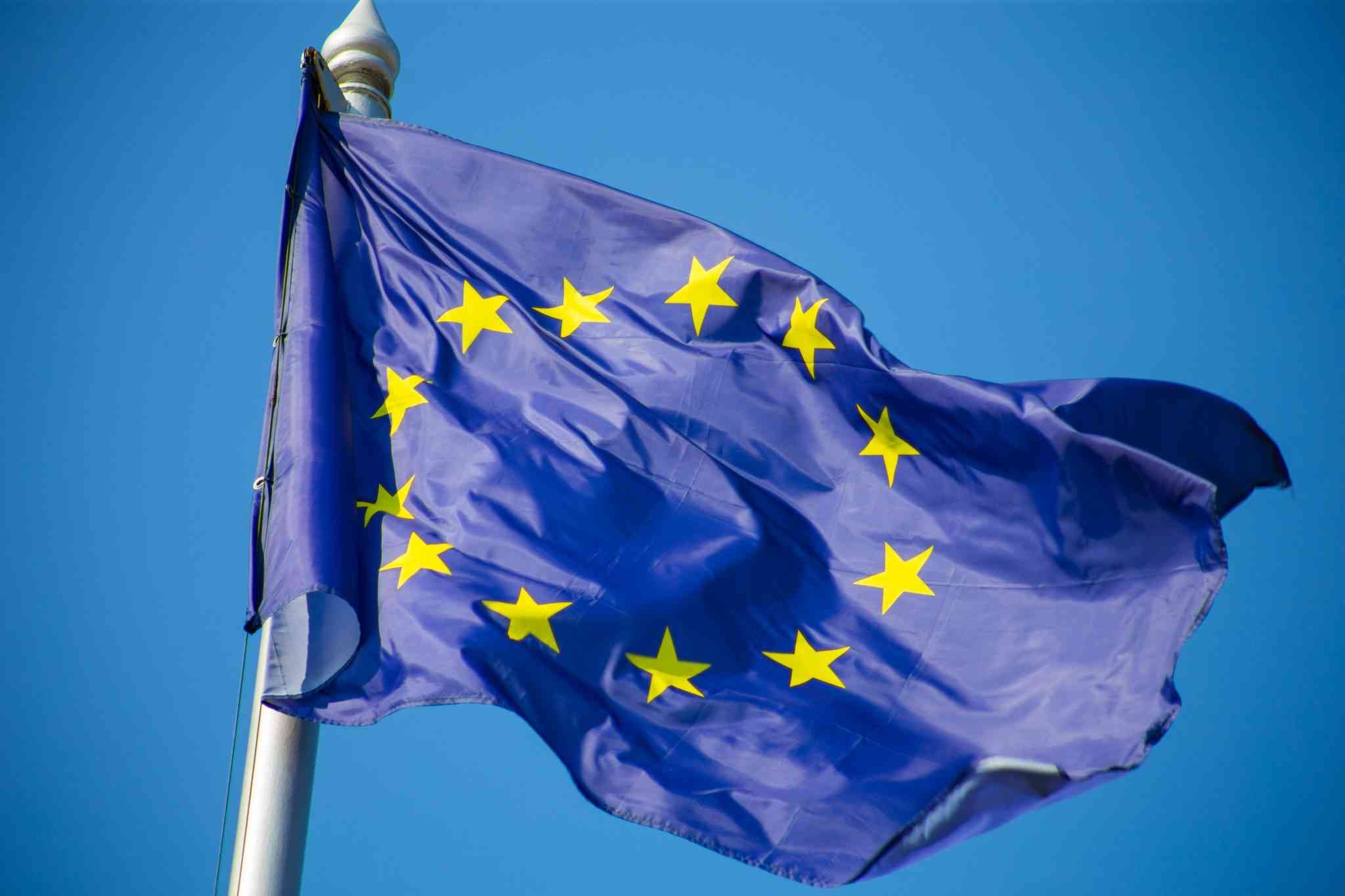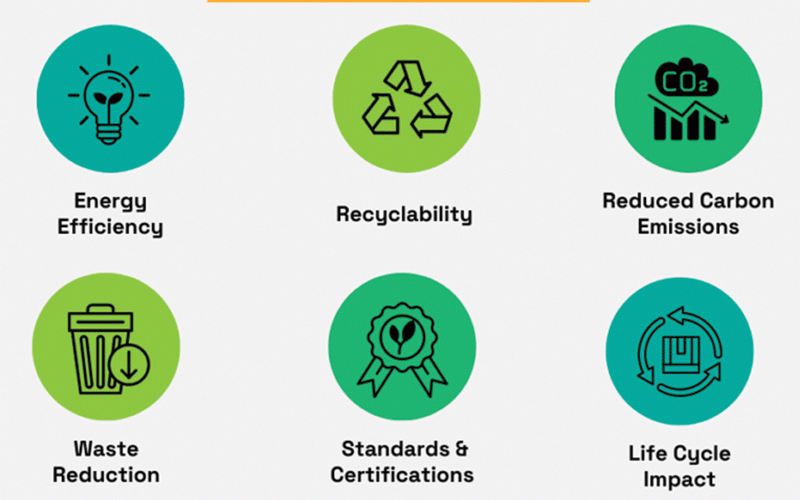
EUROPE and Africa’s relations have entered an exciting phase. Both continents are reaffirming their commitment to forge mutually beneficial economic agreements.
Attaining global peace and security is also a key priority for these two continents, given the unfolding geopolitical tensions in the Democratic Republic of Congo (DRC), Sudan, and Ukraine, among other worrying hotspots.
This blossoming relationship, emerging from a difficult past — considering Europe’s imperial history — culminated in the European Union (EU)-African Union (AU) ministerial meeting in Brussels last week, where the blocs commemorated 25 years of strong ties.
The ministerial meeting, co-chaired by the EU’s Foreign Affairs chief, Kaja Kallas, and her Angolan counterpart, Téte António, focused on assessing the progress made by both partners in achieving mutual prosperity and global peace.
This momentous meeting between the two blocs, with a combined population of around two billion people, comes against the backdrop of a €150 billion facility that the EU has made available to Africa to spur economic growth and address the crippling energy crisis gripping the continent.
This year alone, the EU will channel at least €500 million in humanitarian assistance to Africa.
However, Zimbabwe, represented at the ministerial meeting by Foreign Affairs Deputy Minister Sheila Chikomo, has been unable to fully benefit from the €150 billion fund extended by the EU, due to its foreign debt overhang of around US$13 billion.
It is worth noting that Zimbabwe’s failure to access this strategic facility is not directly linked to Western sanctions imposed on the southern African country.
- Ndiweni slams 2022 census outcome
- CCC urged to push for dialogue over reforms
- Albert Nyathi poetry delights Kenya
- A peep into Matenganyika’s artistic closets
Keep Reading
Fundamentally, Zimbabwe has shown little political will to implement a raft of reforms prescribed under its debt resolution strategy, steered by the African Development Bank. These reforms include tackling public corruption, fostering democracy, upholding property rights, and compensating white farmers who lost land during the chaotic land reform programme of 2000.
Last month, Brussels also suspended funding earmarked for Harare to promote governance initiatives after Zimbabwe enacted the contentious Private Voluntary Organisations Amendment Bill. The legislation has been widely criticised for undermining constitutional rights and stifling civil society.
While other African countries are forging win-win agreements with Europe, Zimbabwe has shown a remarkable propensity to squander lucrative opportunities presented by the bloc.
In March, neighbouring South Africa secured a €4,7 billion (US$5 billion) Global Gateway package for investment and trade.
Zimbabwe’s funding woes have been further exacerbated by former US President Donald Trump’s decision to cancel billions of dollars in aid that the world’s most prosperous nation had been extending to Africa through the United States Agency for International Development.
Only by implementing key reforms will Zimbabwe normalise its relations with the EU.











